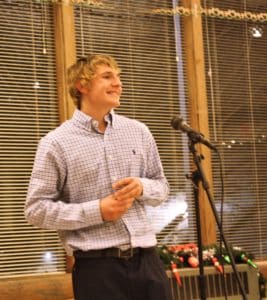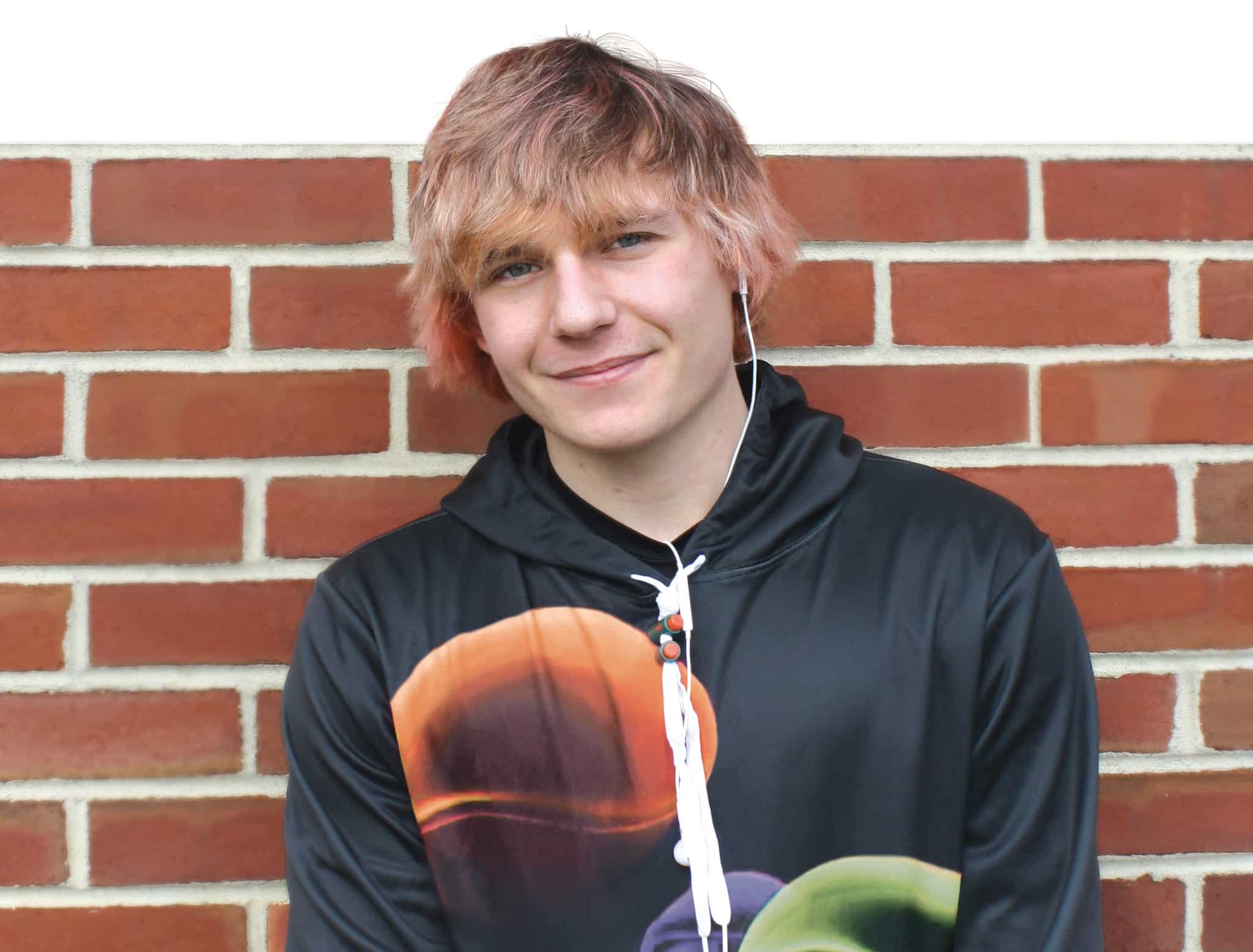Nick doesn’t have much to say about orange jumpsuits, handcuffs, or the cell in which he stayed for more than three years. In fact, he’s decided he’d rather just put the whole juvenile corrections facility experience behind him.
“There’s more to life than sitting in a cell all day,” he said.
Nick first got into trouble at age 13 and was placed into a residential treatment facility. While there, he got into more trouble and landed in juvenile corrections, where he stayed from ages 14 to 17. And when it came time for his release, Nick made a decision that was equally as difficult as it was wise.
“I’ve been institutionalized for three years,” Nick said to his mother, Shannon. “I’m not ready to come home. Can you respect that?”
The news that Shannon’s only child was choosing to enter a three-month step-down program rather than return immediately home hit her hard. After all, he’d already been gone a long time. “He’s my whole world,” she said. “Of course I wanted him to come home, but I was just thinking about myself.”
After his release from the juvenile corrections facility in mid-2017, Nick came to UMFS. He was the first child to do so as part of the Virginia Department of Juvenile Justice’s ongoing efforts to rehabilitate. DJJ is working to prevent kids from reoffending and therefore reduce the size of its institutions. Forty-eight percent of those who were released in 2016 were re-arrested within a year.
“We want to support the transformation of juvenile justice to a systems-of-care approach,” said Nancy Toscano, Chief Program and Strategy Officer at UMFS. “It can happen one child at a time. If things went well with Nick, then we’d be able to help another child, and another.”
Therapist Angelo Cabrera had “a therapeutic hunch” that Nick was going to succeed, and that hunch turned out to be right. Nick went all in on his 90-day residential program. He responded well to therapy, but he also was able to heal by just participating in regular kid stuff, Angelo said, like playing basketball and football.
“Angelo knew … he just knew that Nick was a pioneer for other kids,” Nancy said. “And Nick was successful by pretty much every measure.”
“Nick took the challenge of setting an example,” Angelo said. “Pulling kids aside and talking to them, telling them: ‘You’ve got it good here, I came out of a place where they didn’t let you do a lot things you’re allowed to do here.’ ”
Thanks to Nick’s success, UMFS is already serving another child from a juvenile corrections facility.
 “He made the right choice when he decided that he had lived that kind of lifestyle for too long to come home and just have a bunch of freedom,” Shannon said, adding that UMFS went “above and beyond” in its service to Nick.
“He made the right choice when he decided that he had lived that kind of lifestyle for too long to come home and just have a bunch of freedom,” Shannon said, adding that UMFS went “above and beyond” in its service to Nick.
(Right: Nick speaks during commencement from UMFS in December 2017)
Nick said he’s thankful for UMFS and the work that staff did to help prepare him both physically and emotionally to go back into the world. “I just needed some time to get back to reality.”
Now 18, Nick’s back home with mom, back in school and working toward the future. He’s also working on the important things in life, like his crossover dribble and step-back jumper.
“I love sports,” he said with a smile.
UMFS provides children with 24-hour, year-round residential care at its Child & Family Healing Center in Richmond and Leland House in Fairfax County. These programs focus on healing children who are struggling to overcome trauma, acute behavioral and emotional challenges, or children with autism and other neurological differences.
